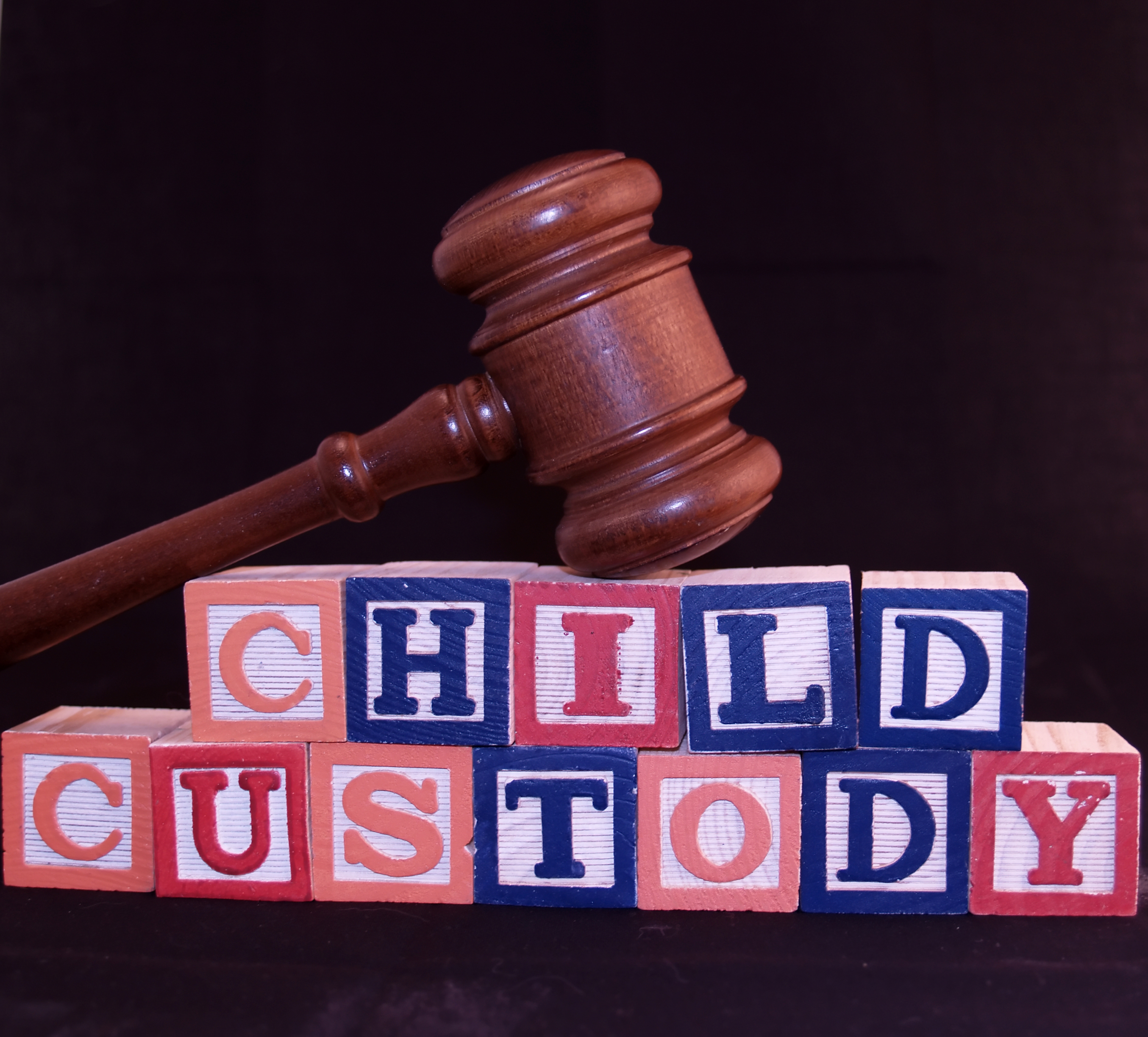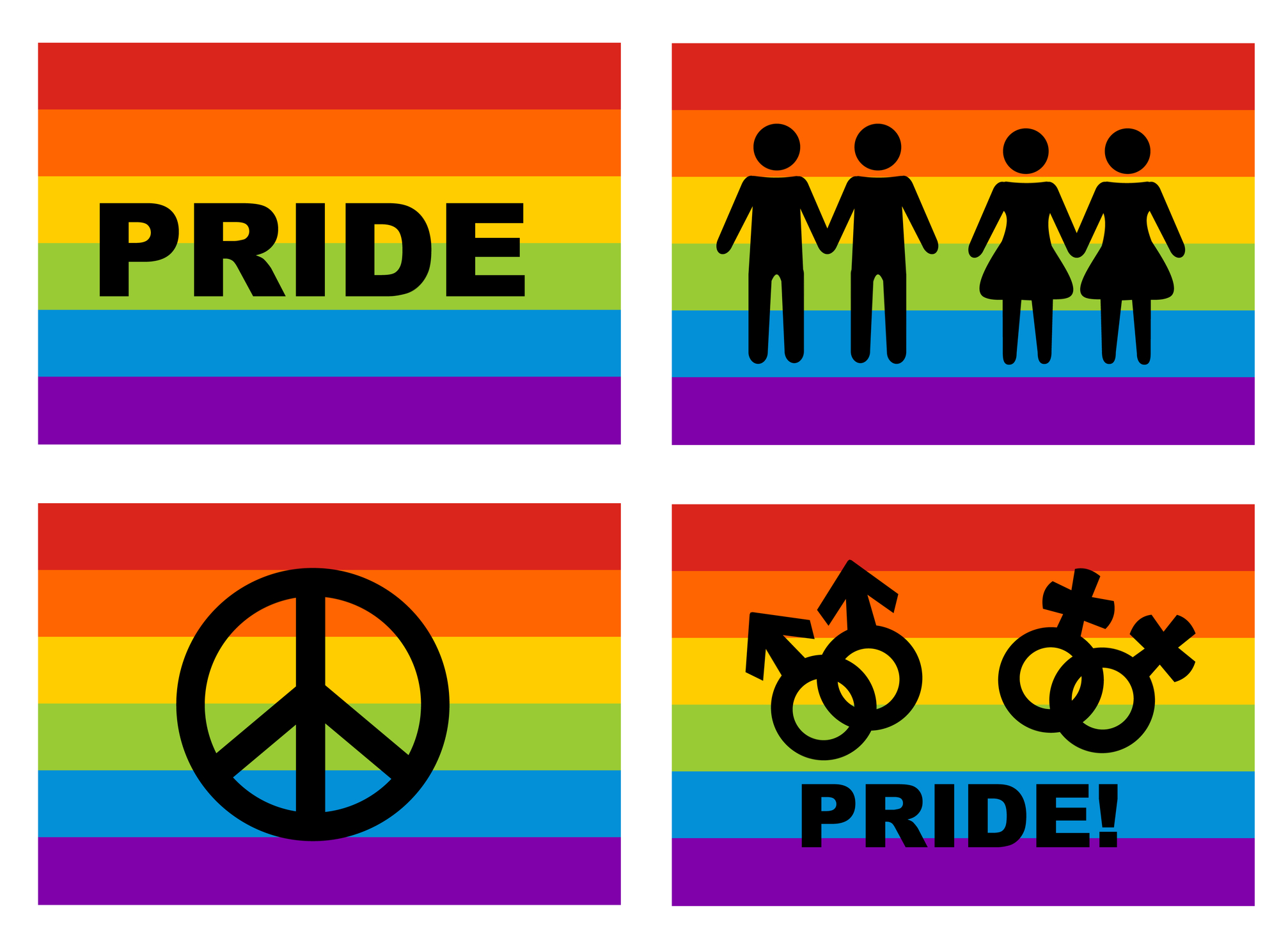![]()
Navigating Parental Rights for Same-Sex Couples in New York: A Personal Perspective
Summary:
LQBTQ Parental rights in New York have come a long way—but the journey has been anything but straightforward. We’ve moved from a legal system that ignored the reality of LGBTQ families to one that increasingly recognizes that love, intention, and commitment—not just DNA—make a family. This guide offers a lawyer’s view of how the law has evolved, what protections are in place, and practical steps LGBTQ parents can take to secure their parental rights.
Table of Contents
Introduction
As someone who has walked beside clients through the legal maze of parenthood in same-sex relationships, I’ve seen firsthand how the law has lagged behind love. It’s one thing to finally have the right to marry—it’s quite another to feel secure that your role as a parent won’t be erased because you didn’t give birth or share genetics.
The good news? New York has made significant strides. The better news? If you’re proactive, the law is now on your side more than ever. But, be smart, be prepared and get educated. Laws can change, and there are people who claim they are for freedom, just not for yours.
How Far We’ve Come: The Legal Evolution
Let’s take a stroll down memory lane—don’t worry, it gets better. Before 2016, the legal landscape was downright grim for nonbiological LGBTQ parents. If you weren’t married or hadn’t adopted the child, you could be shut out of their life entirely, even if you had been there from day one, doing the midnight feedings, reading the bedtime stories, and stepping on Legos like a champ.
Then came the game-changer: the 2016 Court of Appeals decision in Brooke S.B. v. Elizabeth A.C.C. That case broke through the rigid biological/adoptive parent definition and finally recognized that a person could be a legal parent if there was clear agreement to raise the child together—even without biology or adoption. It was a huge sigh of relief for many families.
In 2021, the Child-Parent Security Act (CPSA) took things even further, bringing parentage law into the 21st century with protections for families using assisted reproduction and gestational surrogacy. Finally, a law that recognized modern families in all their glorious forms.
The Child-Parent Security Act: Finally, Common Sense
The CPSA is a bit like that one friend who always brings order to chaos. It straightened out a lot of the mess:
Sperm and egg donors? Not parents unless you intended them to be.
If you’re using assisted reproduction, and you and your partner intended to be parents, congratulations—you are.
Gestational surrogacy is now legal and regulated, with protections for surrogates and intended parents.
Adoption isn’t always necessary, though still recommended in some cases.
Now, same-sex couples can focus more on raising their kids and less on legal gymnastics.
The Nonbiological Parent’s Roadmap
If you’re not the biological parent, don’t panic—but do prepare. There are a few paths to solidify your parental rights:
Second-Parent Adoption: The gold standard. It gives you ironclad recognition across all 50 states (and helpful for international travel too)
Birth Certificate + Acknowledgment of Parentage: Thanks to the CPSA, this combo works well for those who used assisted reproduction and clearly intended to co-parent.
Brooke S.B. Standing: If you didn’t do the paperwork, all hope isn’t lost. You’ll need “clear and convincing evidence” that you intended to parent the child together from the start. Emails, texts, fertility clinic paperwork, baby name brainstorming notes on napkins—gather it all.
What Happens When Things Fall Apart?
Breakups are hard. Breakups with children involved? Even harder. Same-sex couples often face additional legal hurdles during custody battles, especially if they didn’t lock down parentage.
One especially poignant case involved a couple who had a wedding ceremony in 2005—back when same-sex marriage wasn’t legal in New York—and got legally married in 2011. During divorce, they disagreed on the “start date” of their marriage. The court sided with 2005, recognizing their intent and honoring the reality of their commitment.
In custody disputes, courts now have the tools to do what they couldn’t before: consider the child’s best interests—even if the parent isn’t biological. But make no mistake, it’s a fight that’s easier when the paperwork is in place.
How to Protect Your Family
If you’re in a same-sex relationship and raising kids, here’s your action plan:
Adopt, if possible. It may seem redundant, but it offers the strongest legal protection.
Document your intent. Paper trails matter—especially if you’re not married.
Sign an Acknowledgment of Parentage. It’s fast, easy, and powerful.
Update your estate plan. Wills, guardianships, healthcare proxies—get it all in writing.
Keep receipts—figuratively and literally. From daycare to doctor visits, your active role helps demonstrate parenthood.
For unmarried couples, the burden is higher. The law gives married folks the benefit of the doubt. If you’re not married, the best defense is good documentation.
Looking Ahead
New York is miles ahead of many other states, but we still have work to do. The courts are still refining how to apply these rules in edge cases. Recognition outside New York can be a gamble. That’s why even with favorable laws, a second-parent adoption remains your best shield.
The bottom line? Parenthood isn’t just about biology—it’s about being there. New York law is finally catching up to that truth, and it’s our job to make sure our families are protected in every way possible.
Call Us
If you have questions, call Port and Sava at (516) 352-2999 for a free consultation. We’re a veteran owned law firm. We believe in protecting everyone’s freedoms, not a just chosen few.
FAQ: Parental Rights in Same-Sex Families
Do I need to adopt my own child if I’m on the birth certificate?
Yes, especially if you travel or move. The birth certificate is helpful, but a court order of adoption is stronger.
Can I be recognized as a parent if I’m not married to my partner?
Yes, but it’s trickier. You need to prove there was a mutual intent to parent from the beginning.
We used a sperm donor. Can he claim rights?
Not if he was a donor in the legal sense (i.e., no intent to parent and assisted reproduction was used). CPSA protects you.
What if we break up before the child is born?
That’s a gray area. If you can show the intention to co-parent existed before conception, you may have rights—but it’s a tougher fight.
Do we need lawyers if everything is going well?
Yes! A good family law attorney can help make sure things stay that way by putting the right protections in place.



![Do I Have to Pay Child Support if I’m Not the Biological Father? The 3 Critical Facts [2025 Legal Guide] Metaphorical picture of the child support obligation when a perosn is not the biological father.](https://nydivorcefacts.com/wp-content/uploads/2025/08/Estoppel.png)

![The Critical Factors On How Domestic Violence Affects Child Custody and Visitation Rights in NY [2025 Guide] Domestic violence affects Child Custody](https://nydivorcefacts.com/wp-content/uploads/2025/03/a3295ac6-eaea-4c38-901c-4d8562f852e5-218x150.png)














